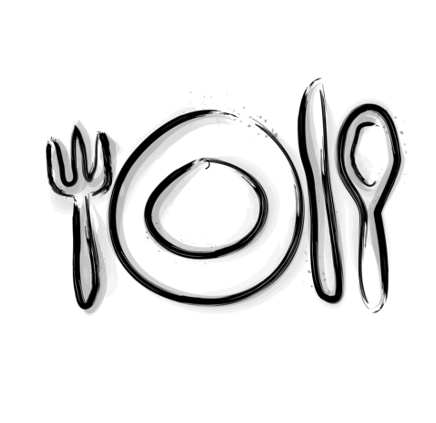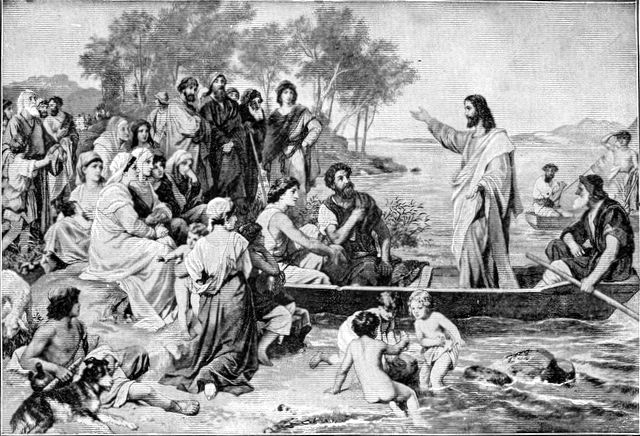I am watching a program on Netflix called POVERTY, INC. This excellent documentary seeks to demonstrate how the humanitarian aid industry has, in effect, become a global business which benefits the donor who possesses the power, while stripping motivation from the people who grow dependent on aid from outside. I recommend you view this program.
 At minute 42, the show describes a “ladder” out of poverty, the steps of which empower people locked in poverty to gain the confidence to climb out of chronic poverty. These “steps” are:
At minute 42, the show describes a “ladder” out of poverty, the steps of which empower people locked in poverty to gain the confidence to climb out of chronic poverty. These “steps” are:
- Legal protection from theft and violence
- Justice in the courts
- Legal title to one’s land
- Freedom to start and register a business
- Links to wider circles of exchange
The program argues that the successful effort to strengthen Europe after World War II (called the Marshall Plan) has not had this strengthening effect in Africa, Asia, and Latin America. Needed aid after natural disasters has turned into “unnatural disasters” wherein aid agencies overstay the crisis and create dependency. Why work hard to develop local initiatives when the market is flooded with foods and goods from outside for free?
What is needed, purports POVERTY,INC., is for outside groups to help reconstruct the ladder. I recall hearing John Perkins comment on the oft-repeated analogy of the fishing pole. He said that it is better to teach a man to fish with his own pole than to continually give the man fish. But, Perkins added, he must also have access to the pond.
Are their agencies which, rather than perpetually handing out aid, are empowering local people by building the ladder?
What can one person do to contribute toward a solution instead of ignorantly perpetuating the problem?
(photocredit: WPphotosmart.
Poverty, Inc. website
 I celebrate their motive — to live out their community life in a way Jesus would.
I celebrate their motive — to live out their community life in a way Jesus would.
